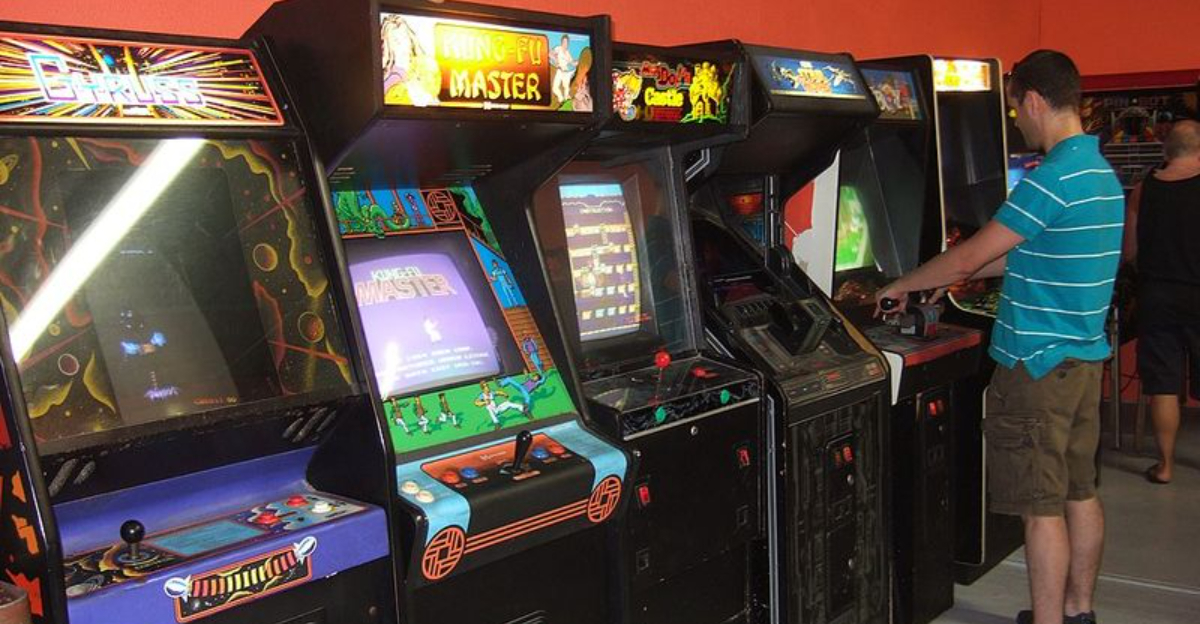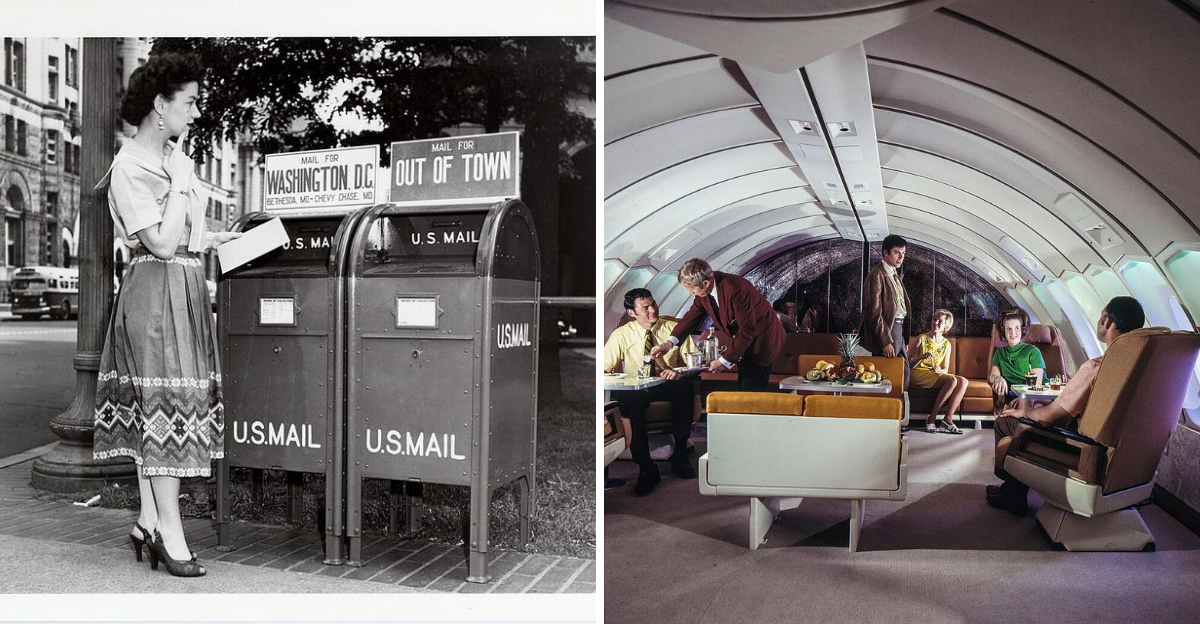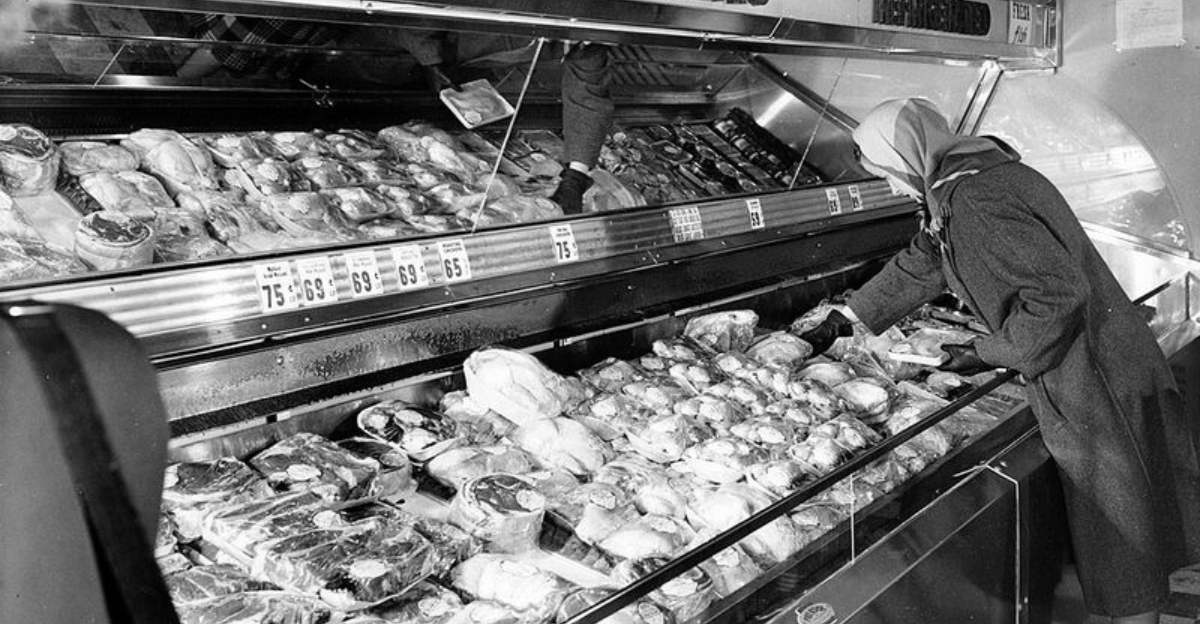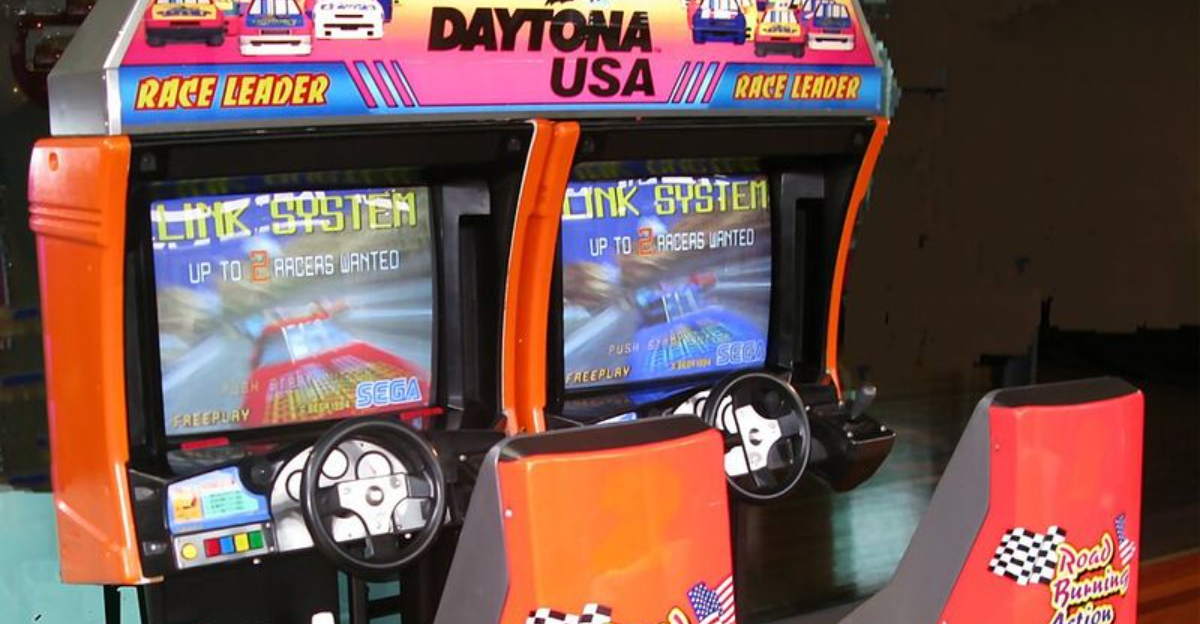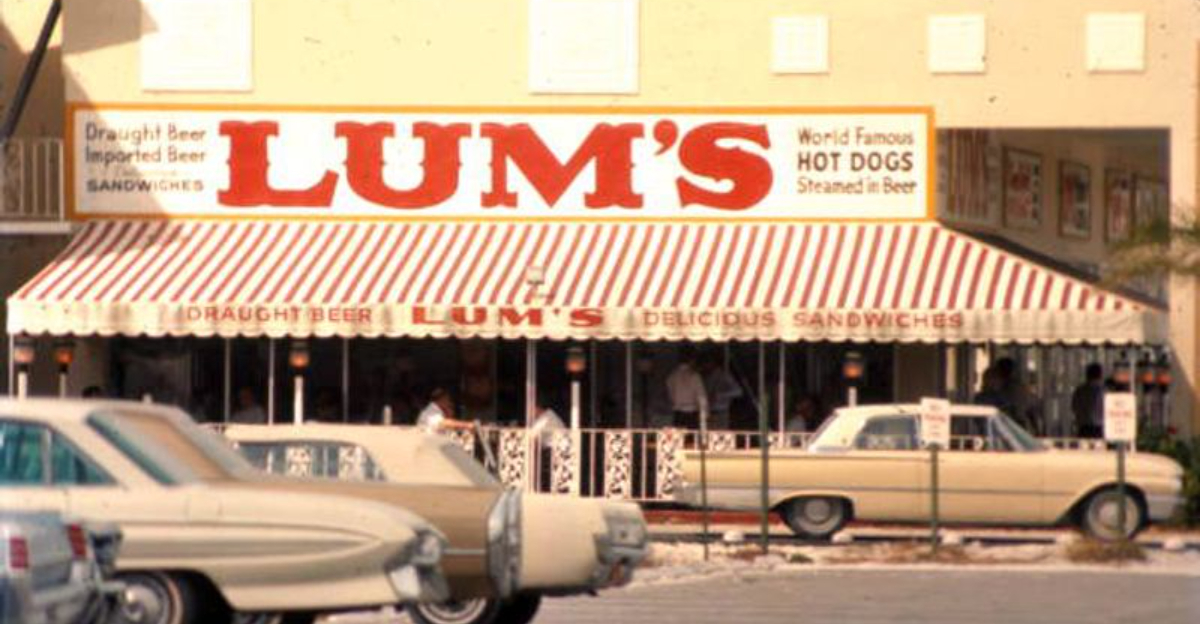18 Things Boomers Once Respected That Now Get Laughed At
What used to be symbols of success and sophistication for Baby Boomers now often spark giggles or eye rolls from younger generations.
Times change, and what once felt essential or impressive can quickly become outdated or unnecessary.
Join us as we explore the things that once commanded respect but now seem more like relics of a bygone era, offering a humorous look at how cultural values shift over time.
1. Fine China Sets
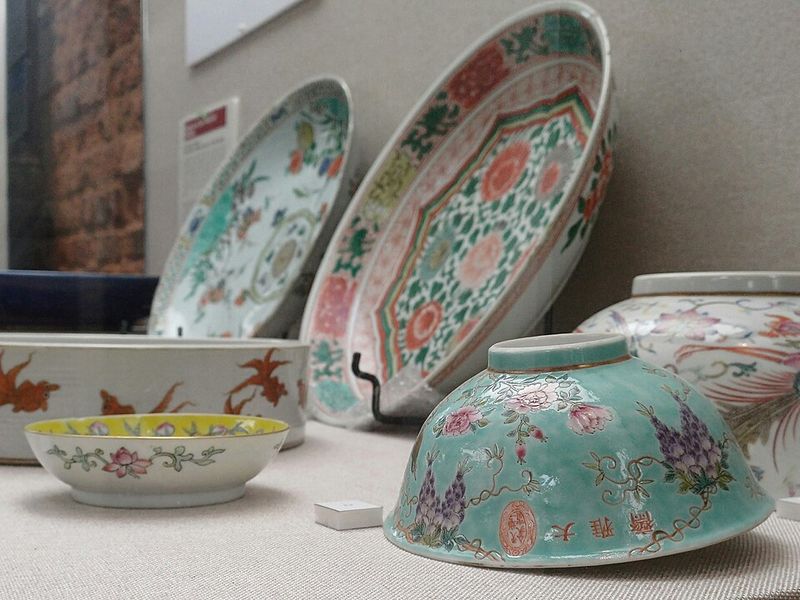
Remember when every household had special dishes reserved exclusively for Thanksgiving and Christmas? Grandma’s prized porcelain collection sat untouched in cabinets for 364 days each year, gathering dust while everyone ate off regular plates.
Younger folks can’t understand why you’d own dishes too fancy to actually use. The whole concept feels wasteful and impractical now, especially when dishwasher-safe everyday plates work perfectly fine.
2. Cursive Handwriting
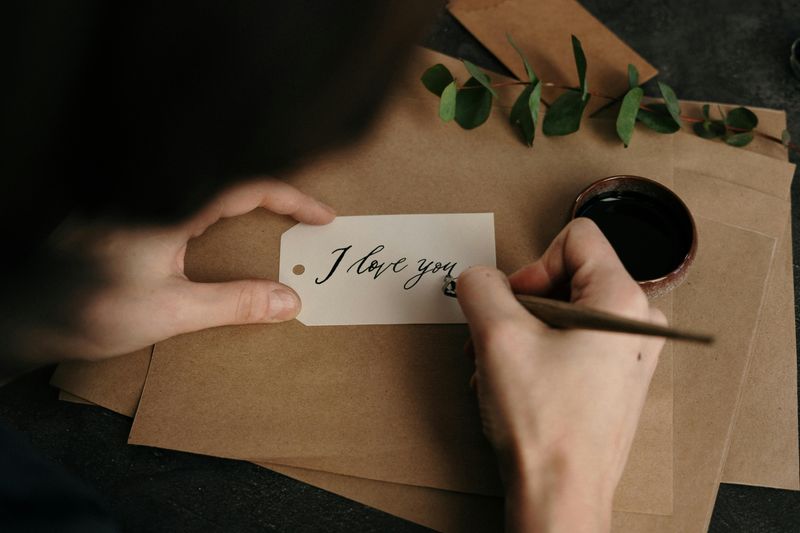
Schools once treated cursive like a crucial life skill, right up there with reading and math. Teachers insisted you’d need it for signing important documents and writing professional letters throughout your adult life.
Fast-forward to today, and most people type everything instead of writing by hand. Kids learning cursive now feels about as practical as teaching them to use a typewriter or telegraph machine.
3. Landline Phones
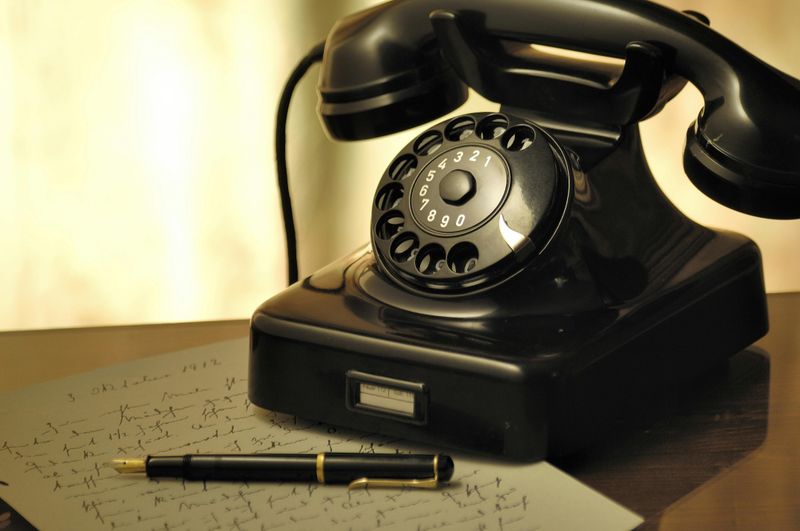
Households once proudly displayed their landline phones, sometimes with matching sets in multiple rooms. Having your own phone number felt like a marker of adulthood and independence back in the day.
Now, paying a monthly fee for a phone that can’t leave your house seems ridiculous when everyone carries smartphones everywhere. Landlines have become technological dinosaurs that younger people barely recognize.
4. Wearing Suits to Work
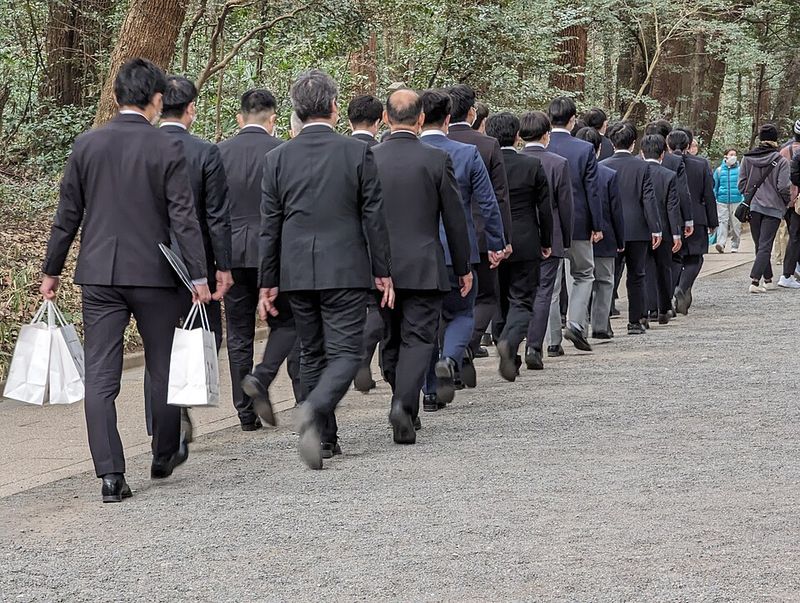
Showing up to the office without a tie once meant you weren’t serious about your career. Men wore full suits daily, and women donned equally formal business attire, regardless of their actual job duties or comfort level.
Today’s workplace runs on hoodies and sneakers, with casual Friday becoming casual every day. Suits now seem stuffy and outdated unless you work in very specific industries.
5. Door-to-Door Salesmen
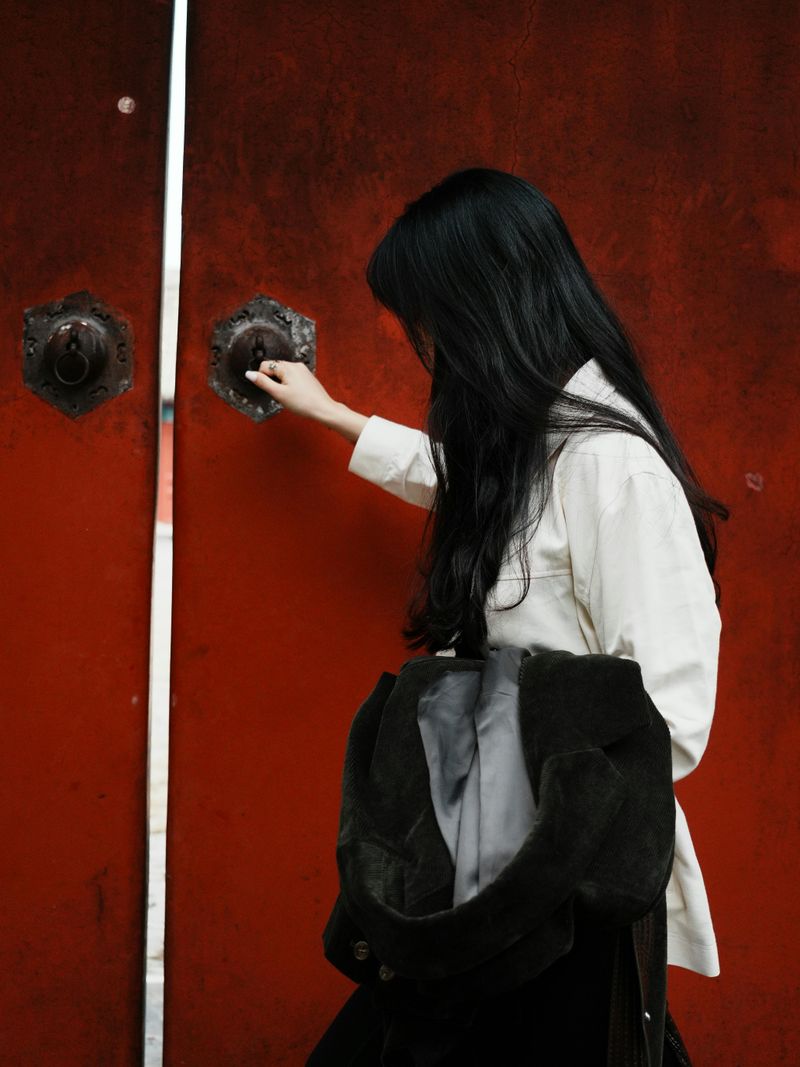
Vacuum cleaner and encyclopedia salesmen once commanded respect as hardworking entrepreneurs building their futures. Families would actually invite strangers into their homes to watch product demonstrations and sales pitches lasting hours.
Nowadays, anyone knocking unexpectedly triggers suspicion rather than interest. We’ve got Amazon for shopping and Ring doorbells to avoid answering the door entirely, making door-to-door sales feel intrusive and outdated.
6. Owning Encyclopedias

Buying a complete encyclopedia set represented a serious investment in your family’s education and future. Parents proudly displayed those heavy volumes, encouraging kids to look up facts instead of asking questions.
Google answered that call in about 0.3 seconds, making encyclopedias instantly obsolete. Spending thousands on books that become outdated annually now seems laughable when Wikipedia exists completely free.
7. Formal Dinner Parties
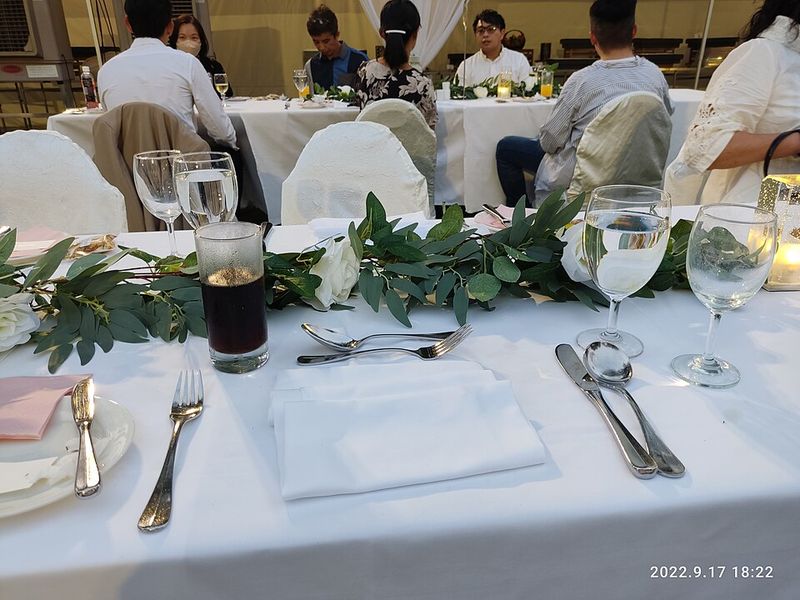
Hosting elaborate dinner parties with assigned seating and multiple courses once demonstrated sophistication and social standing. Guests dressed up, followed strict etiquette rules, and engaged in polite conversation over meals lasting several hours.
Modern gatherings favor casual potlucks or ordering pizza while everyone hangs out in comfortable clothes. All that formality feels exhausting and pretentious compared to relaxed, authentic get-togethers people prefer today.
8. Trophies for Attendance

Participation trophies represented encouragement and recognition that every child mattered, regardless of athletic ability. Boomers believed rewarding kids just for showing up built self-esteem and kept them engaged in activities.
Critics now mock participation trophies as creating entitled generations expecting rewards without actual achievement. The pendulum has swung back toward valuing genuine accomplishment over mere presence, making those trophies seem meaningless.
9. Having a Family Car

Families once shared a single vehicle, coordinating schedules and taking turns using the precious resource. That one car represented freedom, responsibility, and a significant household investment that everyone respected and maintained together.
Multiple cars per household became standard, and now ride-sharing apps eliminate car ownership necessity entirely. The whole concept of sharing one family vehicle feels quaint and impractical in our on-demand transportation world.
10. Owning a Home Answering Machine
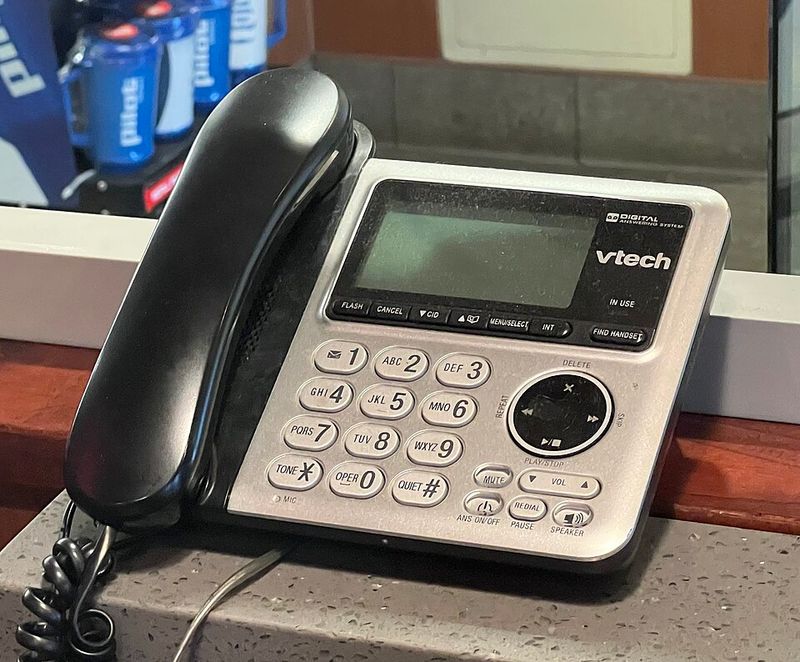
A first answering machine felt incredibly high-tech and sophisticated. It allowed you to know who called while you were out, and crafting a clever outgoing message became an art form families took seriously.
Voicemail built into phones made separate machines unnecessary, then visual voicemail made listening optional entirely. Owning a chunky device just to record messages now seems as outdated as using carrier pigeons.
11. Using Cash or Checks
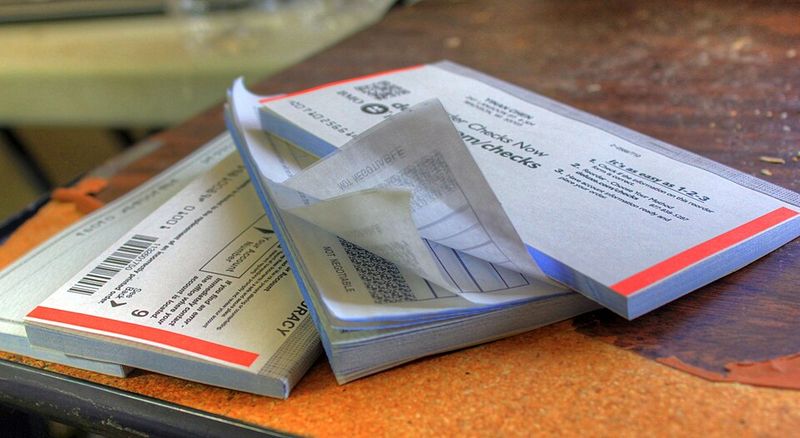
Checks demonstrated financial responsibility and adult competence in managing money properly. Balancing a checkbook monthly was a respected ritual, and paying with cash showed you lived within your means without relying on credit.
Digital payments and credit cards have made checks feel ancient and inconvenient. Younger generations barely know how to write checks, and carrying cash seems pointless when phones handle all transactions instantly.
12. Saving Every Receipt
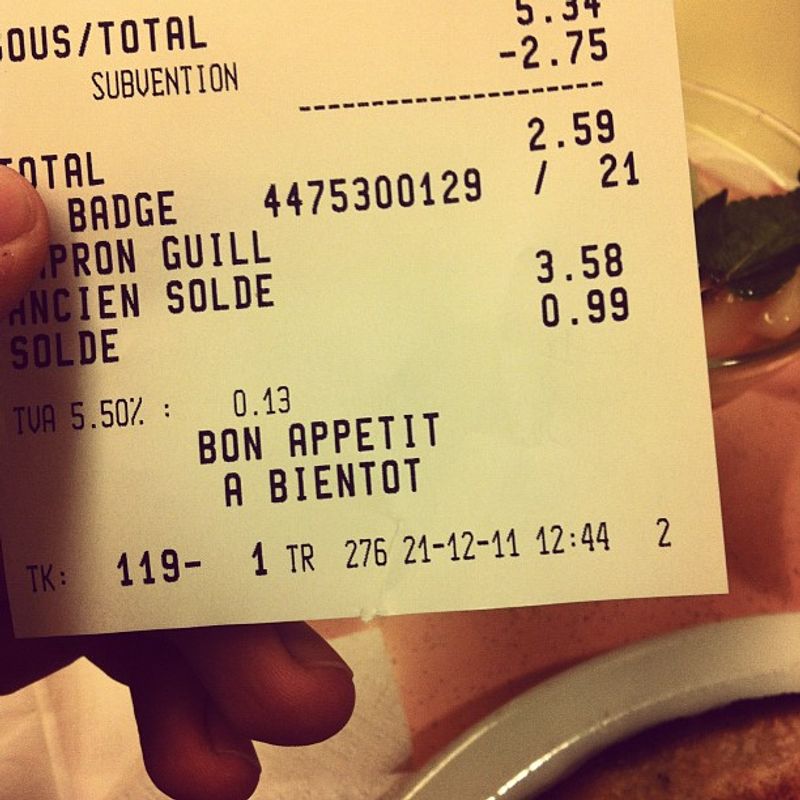
Meticulous record-keeping of every purchase demonstrated financial organization and preparedness for tax season. Boomers carefully filed receipts, saving everything from grocery stores to gas stations in case proof was needed later.
Digital records and email confirmations eliminated the need for paper receipt hoarding. Keeping physical receipts now seems like clutter creation rather than responsible record-keeping, especially when everything lives in the cloud anyway.
13. Ironing Everything
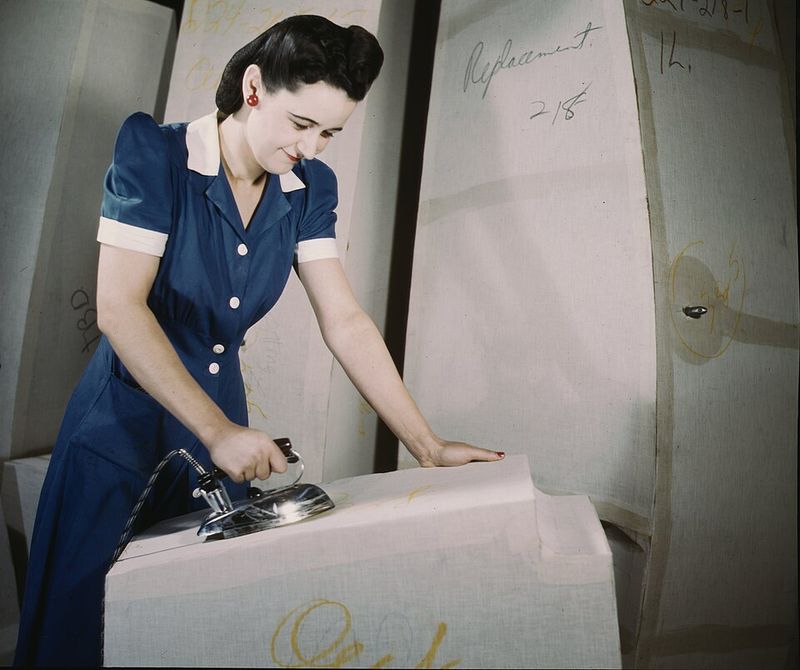
Wrinkled clothing once signaled laziness or lack of self-respect, so everything got ironed before wearing. Dress shirts, sheets, even underwear sometimes faced the iron in pursuit of crisp perfection and proper presentation.
Wrinkle-free fabrics and casual dress codes made ironing mostly obsolete outside specific situations. Spending hours pressing clothes now feels like wasted time better spent literally anywhere else doing anything more enjoyable or productive.
14. Calling Instead of Texting
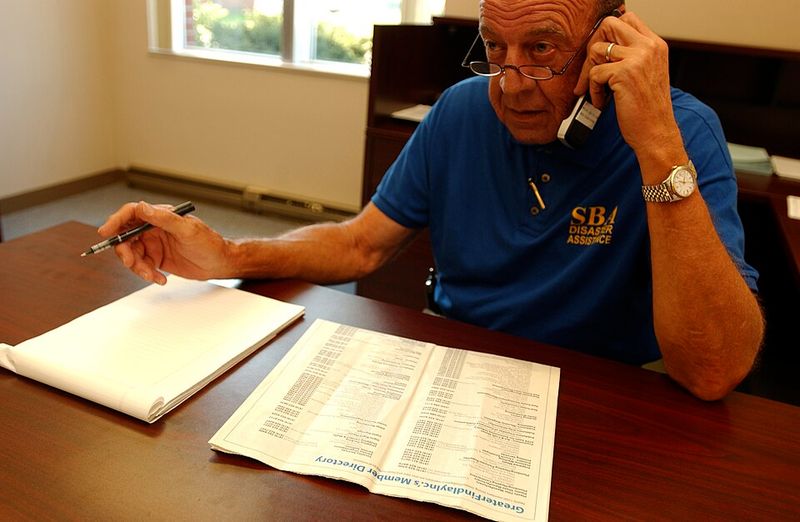
Phone calls represented the polite, personal way to communicate important information or stay connected with loved ones. Talking directly showed you cared enough to use your voice rather than impersonal written messages.
Unexpected phone calls now trigger anxiety rather than excitement, with texting becoming the preferred communication method. Calling without texting first seems intrusive and inconsiderate, reversing what was once considered proper etiquette completely.
15. Matching Furniture Sets
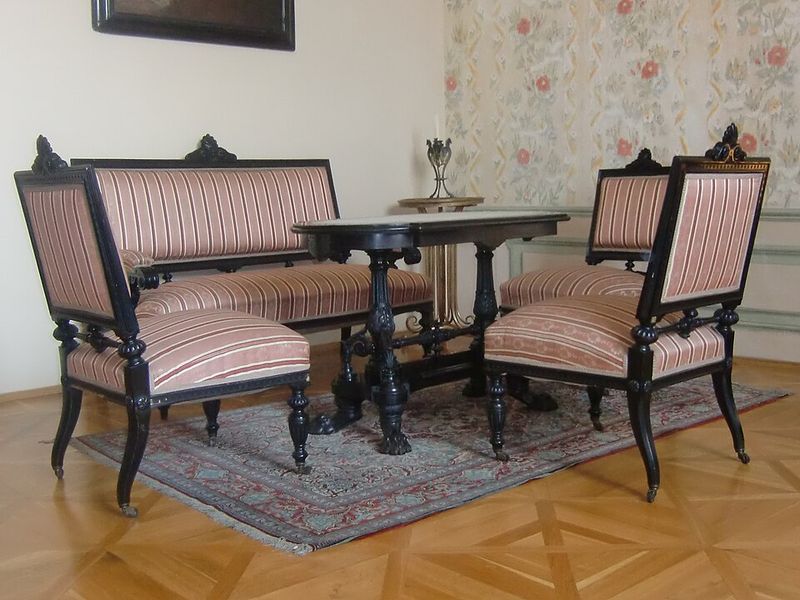
Purchasing complete matching furniture sets showed you had taste and financial stability to furnish rooms properly. Everything coordinated perfectly, from matching nightstands to identical end tables, creating harmonious spaces that felt put-together and adult.
Eclectic mixing of styles now demonstrates better design sense than matchy-matchy sets. Cookie-cutter furniture packages seem boring and uninspired compared to curated collections reflecting individual personality and creative vision.
16. Business Cards
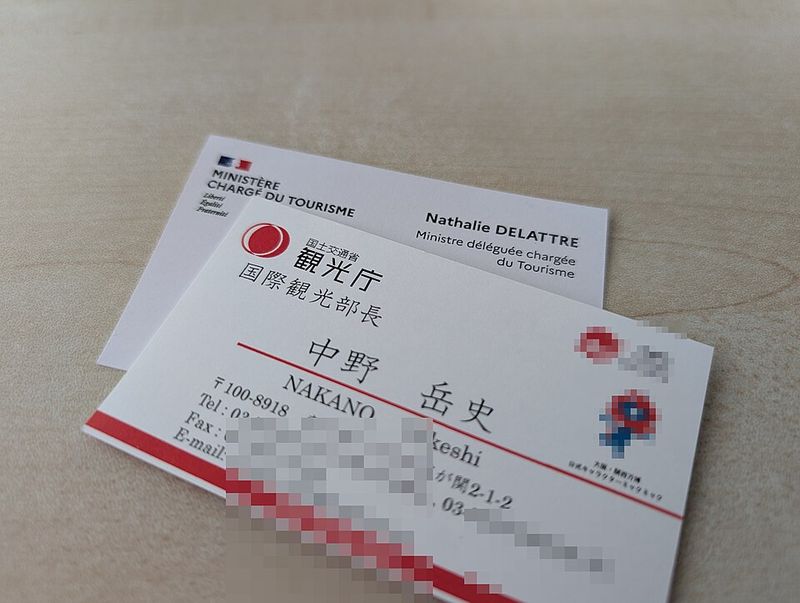
Business cards represented professional courtesy and networking prowess at meetings and conferences. Quality card stock and impressive titles on those small rectangles opened doors and established credibility in business relationships.
LinkedIn connections and digital contact sharing made physical cards feel wasteful and outdated. Carrying business cards now seems old-fashioned when everyone can connect instantly through phones, making those paper rectangles basically obsolete relics.

